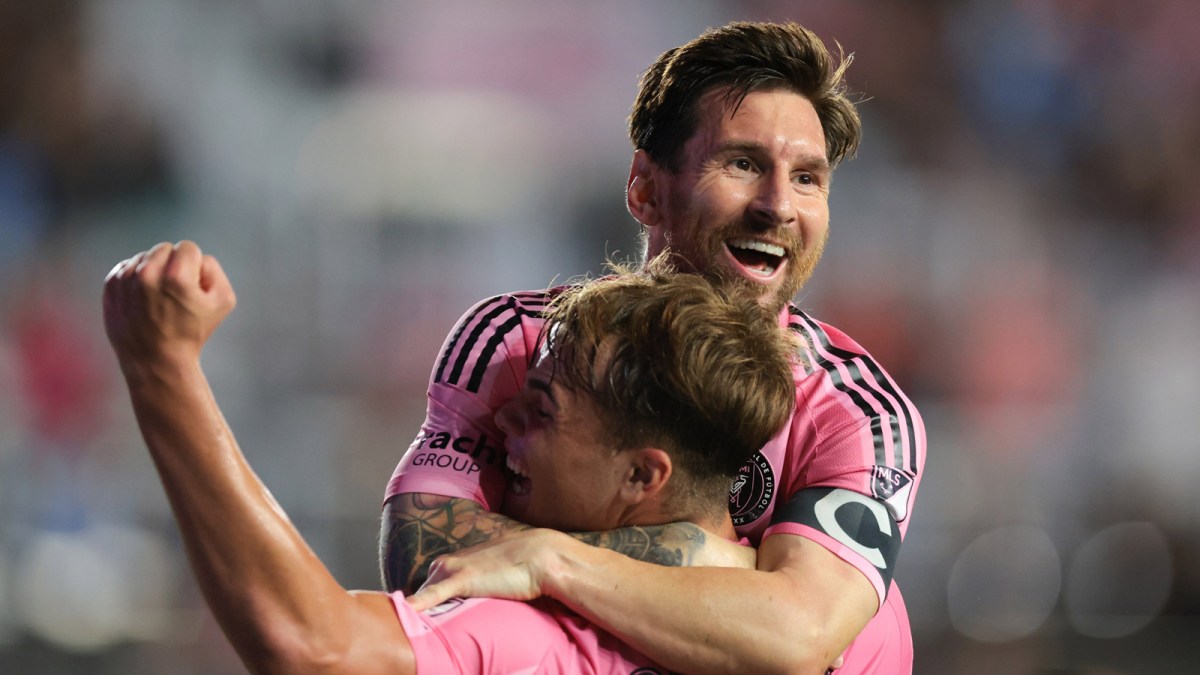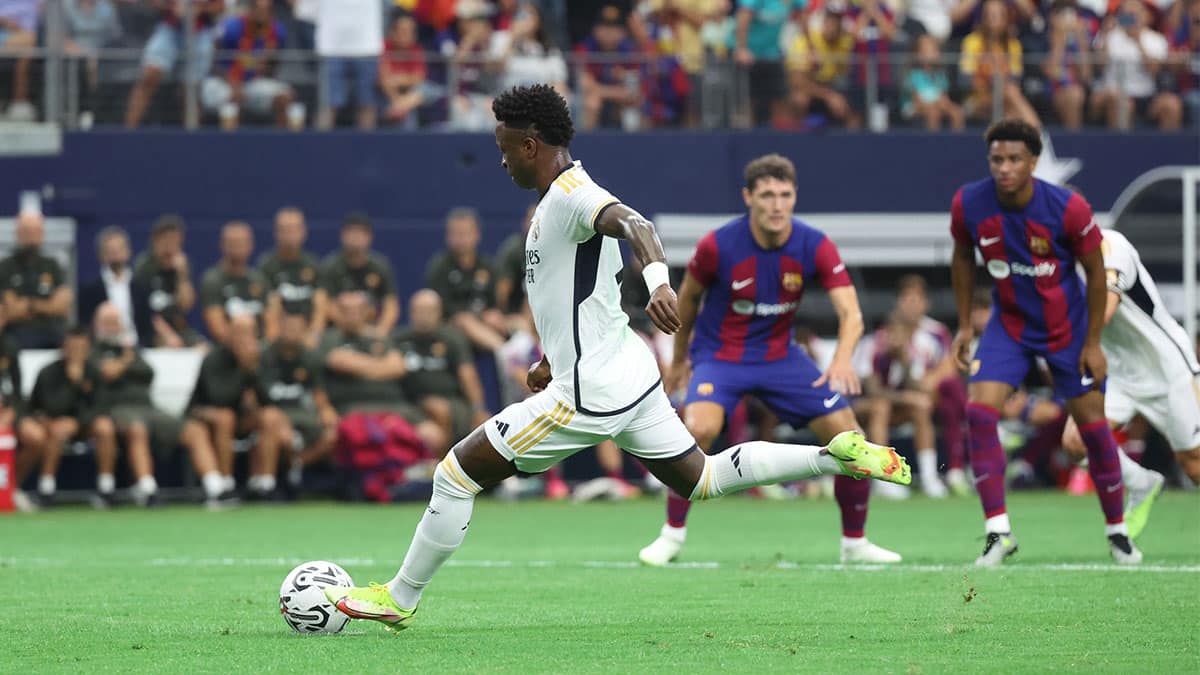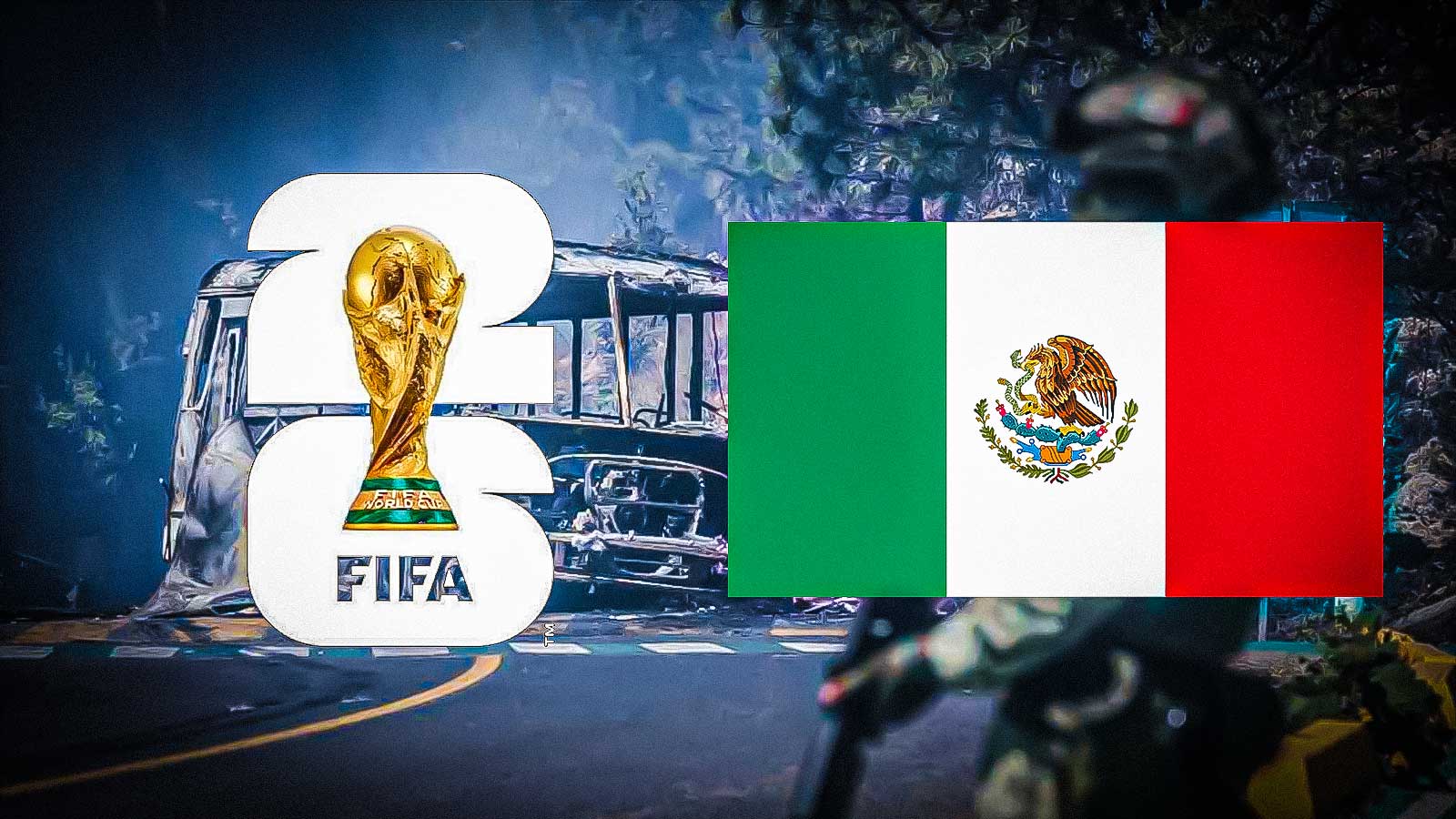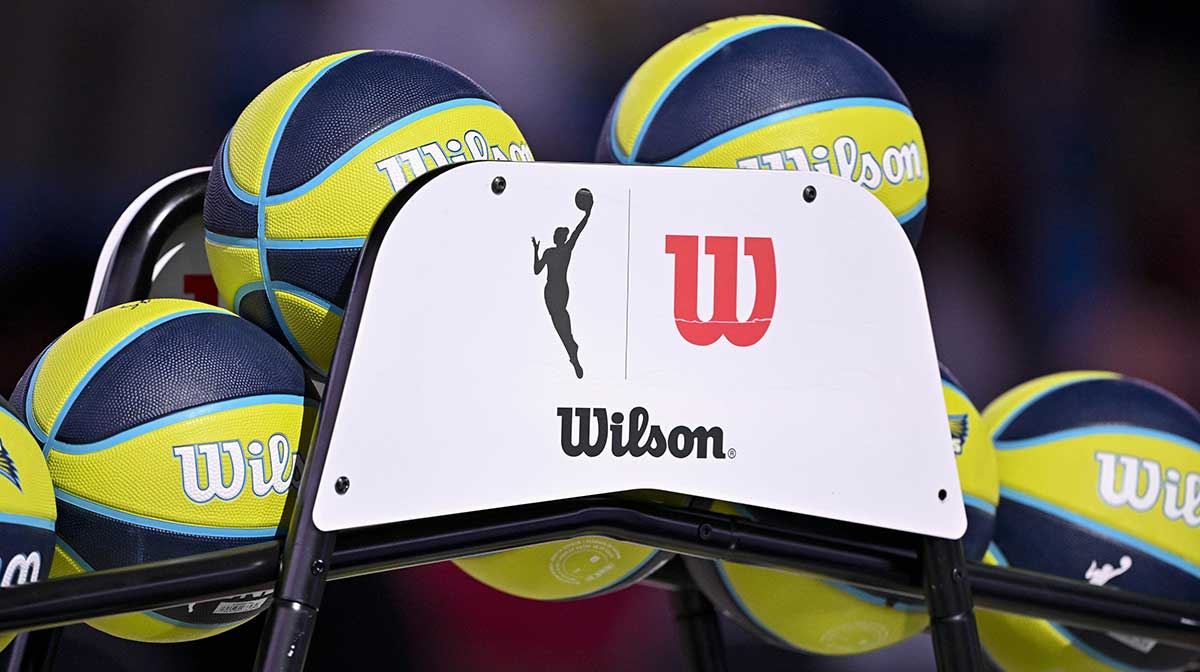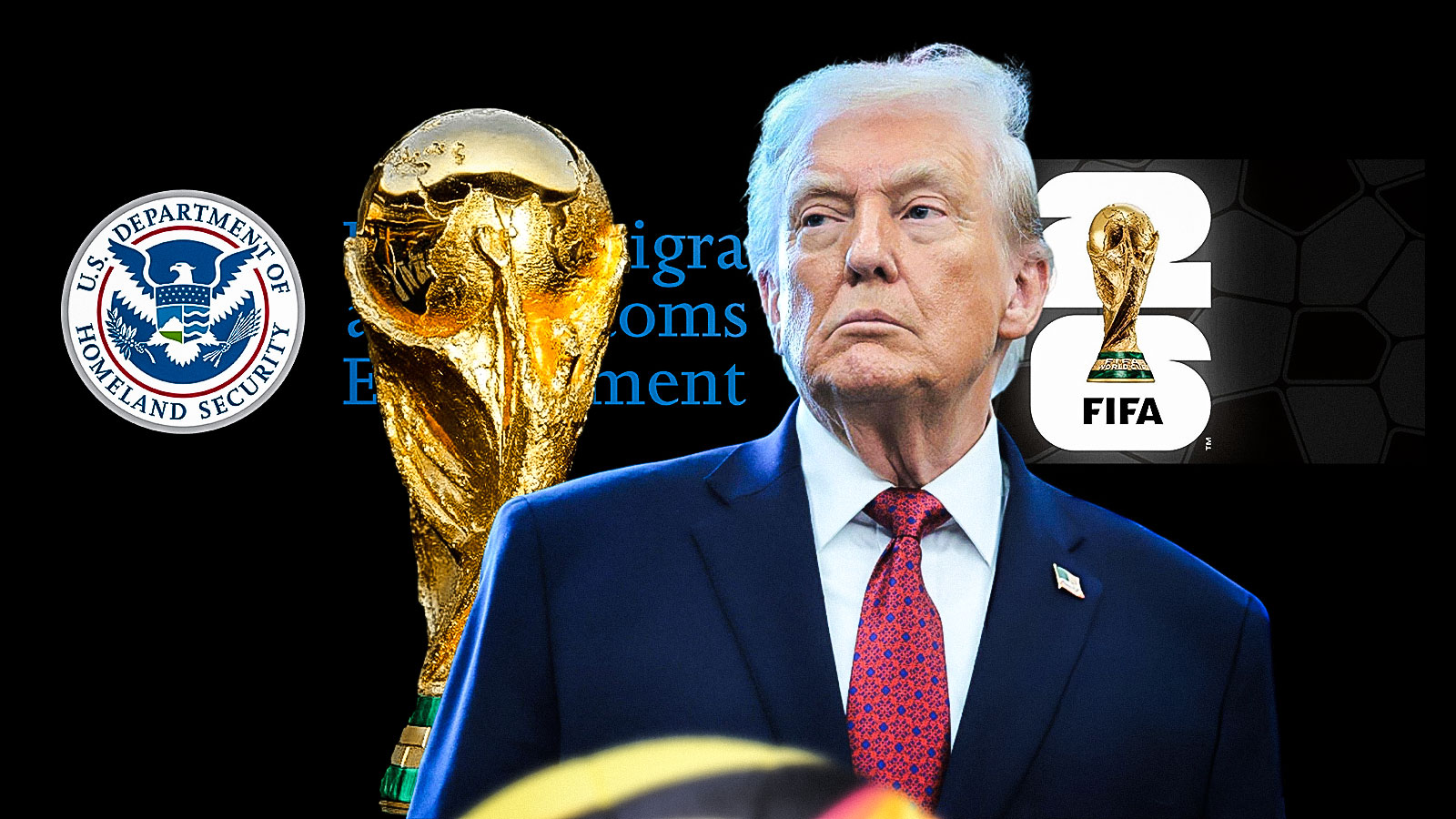Major League Soccer wasted no time shaking up its future. Hours after revealing that MLS Season Pass will drop its paywall next year, the league announced a sweeping calendar overhaul that shifts MLS into full alignment with top European competitions beginning in 2027, MLSSoccer reports. The move marks one of the most dramatic changes since the league’s inception and signals a clear desire to join the global rhythm of the sport.
MLS confirmed that the new format will kick off in July, pause for winter in December and January, and wrap with the MLS Cup Playoffs in May. Commissioner Don Garber framed the decision as a defining moment, calling it “one of the most important decisions in our history,” as the league works to boost global competitiveness and strengthen transfer windows.
Clint Dempsey, one of the greatest American players ever, praised the shift and said the evolution helps place MLS “on par with the best.”
A turning point for the league
The new summer-to-spring layout begins with the 2027-28 season. Regular season matches start in mid-to-late July and continue through early December before the extended break. Clubs return in early February and compete through spring before a May playoff conclusion. The format mirrors the cadence seen in the Premier League, Bundesliga, La Liga, Serie A, and other top circuits.
Before MLS reaches that structure, it will play a short transition season in early 2027. That slate runs from February to May, includes 14 regular season games, and finishes with playoffs and MLS Cup. Results from that condensed run determine qualification for the U.S. Open Cup, Canadian Championship, Leagues Cup, and Concacaf Champions Cup.
The league will also redesign the regular season format to blend global standards with North American traditions. Officials plan to review playoff adjustments as well. All changes were approved during Thursday’s Board of Governors meeting in Palm Beach, Florida.
Garber said syncing with the global game allows MLS clubs to operate in more advantageous transfer windows, avoid interruptions during major international tournaments, and give the postseason a cleaner runway. The winter break replaces the early-season weather challenges that often affect clubs in northern markets.
“This marks the start of a new era for our league and for soccer in North America,” Garber said.

